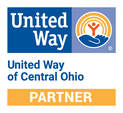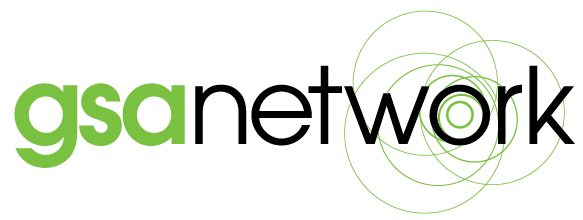|
Transgender Day of Visibility is an annual international event that is celebrated on March 31st. The day is dedicated to celebrating transgender/gender non-conforming/gender-expansive people and raising awareness about the discrimination and challenges they face. Trans Day of Visibility was first celebrated in 2009 and has since become a day for everyone worldwide to celebrate trans lives. HISTORY Trans Day of Visibility was created by Rachel Crandall, a transgender activist based in Michigan. Crandall wanted to create a day to celebrate transgender people and to raise awareness about the issues they face. So much She chose March 31st as the date for Trans Day of Visibility because it falls between International Women's Day (March 8th) and the Day of Silence (April 17th). “I wanted a day that we can celebrate the living, and I wanted a day that all over the world we could be all together,” she said. The first Trans Day of Visibility was celebrated on March 31st, 2009. Crandall made a Facebook post encouraging folks to create celebrations and events wherever in the world they called home. The day was marked by a small event in Michigan, where Crandall was based. However, the event quickly gained attention and spread across the United States and around the world. Since then, Trans Day of Visibility has grown into an important day to celebrate the transgender community and honor all the ways they have contributed to society. 🛒Looking for a way to show your support? Shop the KYC StoreIMPORTANCE First and foremost, TDOV is an opportunity to celebrate the achievements and contributions transgender people have made to society. Trans folks are our friends, coworkers, family, community members. Transgender people have made significant contributions to art, science, politics, sports, and many other fields. Throughout history, transgender folks have been at the front of every movement for human rights. When people can see transgender people as real people with lives, hopes, and dreams, it becomes harder to discriminate. Promoting empathy and understanding can lead to greater acceptance and support for all. [light] cw: out-dated language, some reclaimed language that might not be familiar or accepted among some COMPTON'S CAFETERIA Before there was the Stonewall Uprising, there was Compton's Cafeteria. Located in the heart of 1940s - 1970s San Francisco's Tenderloin district, Comptons Cafeteria was an all-night restaurant that served as a popular gathering spot for trans folks, drag queens, and the LGBTQIA+ community - much to the dismay of Compton's management. Laws around sexual orientation, gender identity, and gender expression left LGBTQIA+ folks, and transgender folks in particular vulnerable to police violence. Reports during this time often mixed the terms "drag queen" or "trans women," although gender identity and gender performance are not synonymous. Raids were a routine, monthly occurence, with the police often used as a tool to force people seen as undesirable out. Compton's Cafeteria was no different. In the summer of August 1966, a group of trans women stood up to one such police raid. According to NPR's CodeSwitch, "Outside on the street, dozens of people fought back as police forced them into paddy wagons." In a 2019 interview with The Guardian, Donna Personna remarked, “These ladies took the bullets for us,” said Personna, a performer and activist who went to Compton’s Cafeteria as a teenager in the 1960s and now lives down the street. “Everyone in our community stands on their shoulders.” AWARENESS Transgender youth face increased discrimination. However, data also shows that LGBTQ+ youth who report the presence of trusted adults in their school have higher levels of self-esteem, and attempt suicide at half the rate when their pronouns are respected. When people can see transgender people as real people with lives, hopes, and dreams, it becomes harder to discriminate. Promoting empathy and understanding can lead to greater acceptance and support for all. Discrimination can lead to a range of negative outcomes, including lower rates of employment, higher rates of poverty, and poorer physical and mental health outcomes. Trans Day of Visibility is an opportunity to raise awareness about the discrimination and challenges that transgender people face -and advocate for change. By celebrating the achievements and contributions of transgender people and highlighting the challenges they face, we can help to promote understanding and acceptance. We can also work to change the laws and policies that allow discrimination against transgender people to persist. Trans Day of Visibility is an important opportunity to raise awareness about this discrimination and to advocate for change. from 2019's "Kaleidoscope Youth Center provides support for homeless transgender youth" by NBC4 Kaleidoscope Youth Center At Kaleidoscope Youth Center, we understand supporting trans lives starts with supporting LGBTQIA+ youth. Kaleidoscope Youth Center is a nonprofit organization based in Columbus, Ohio that provides support and resources to LGBTQ+ youth and young adults throughout Ohio. At Kaleidoscope Youth Center, Belonging begins here. In 2022, over 50% of our drop-in center youth identified as transgender, gender non-conforming, or gender non-binary. One of our most popular programs, Genderscope, is a support group for transgender and gender non-conforming youth. Genderscope is designed to provide a safe and affirming space for transgender and gender non-conforming youth to come together, share their experiences, and get connected to resources. The program is led by trained facilitators who provide guidance and support to the group. While we are known for our drop-in center, KYC provides behavioral health support, professional development opportunities, and housing opportunities that center the needs and experiences of homeless and housing insecure/vulnerable LGBTQIA+ young adults 18-24. We also provide access to free binders and gaffs to youth through our Gender Affirmation Project (GAP). Started in 2020 through support by the Nina West Foundation, our Gender Affirmation Project has provided over 500 gender-affirming garments to young people up to age 24. Through GAP, we've connected with 4 countries outside of the US to provide gender-affirming supplies to youth without local access. If you or someone you know is transgender or gender non-conforming, and between 12-24 years old, you can reach out to KYC for resources, support, and connections to safer and more affirming spaces. Our center is located in Columbus, OH but we work to support youth across the state. Our office is located in Columbus, Ohio, and KYC offers services and support to youth across the state. CONCLUSION Trans Day of Visibility is an important day not just for the transgender community, but society as a whole. At Kaleidoscope Youth Center, we know that by working together to support the trans community, we create a more just and equitable society for all. If you are a young person looking for safer and affirming space in the Columbus area, visit our Drop-in Center and join us for a Tuesday evening Genderscope group. If you are in need of other types of support, email us at [email protected] If you are a community member looking for ways to support, purchase an item from our store, donate to us (you can designate your gifts to go towards our Genderscope or GAP programs!) and stay up to date on ways you can advocate for trans youth in your community. Isiah HarrisDevelopment and Communications Manager. Comments are closed.
|
7 Ways to Support
Queer Youth 🌈 Become a Donor
🛒Shop Our Store 📃View Amazon Wishlist 🏘️ Host a Fundraiser 🦸 Become a Volunteer 🦄 Join the Unity Circle 🔔 Subscribe for Alerts Belonging Begins Here.
ArchivesCategories
All
|
Emergency Phone Numbers
+ 911 if emergency + National Suicide Hotline: 800-273-8255 + Trans Lifeline: 877-565-8860 |
* Kaleidoscope Youth Center acknowledges that we are on the traditional territory and homelands of the Hopewell, Myaamia, and Shawandasse Tula (Shawanwaki/Shawnee) people. *
The Kaleidoscope Youth Center name and logo are copyrighted. All rights are reserved by Kaleidoscope Youth Center, Inc.

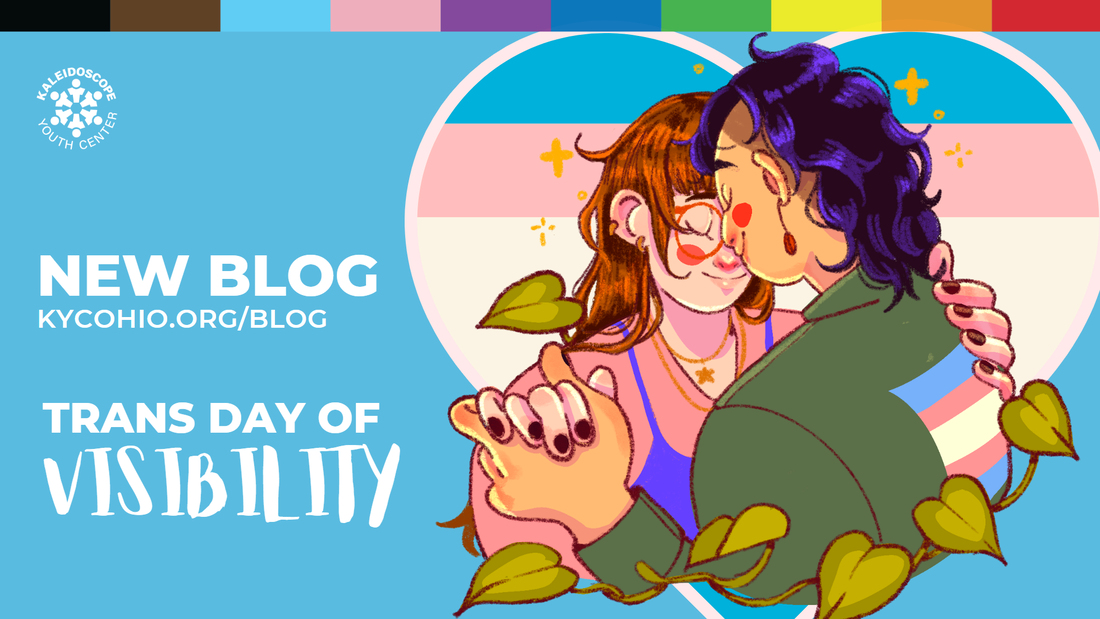
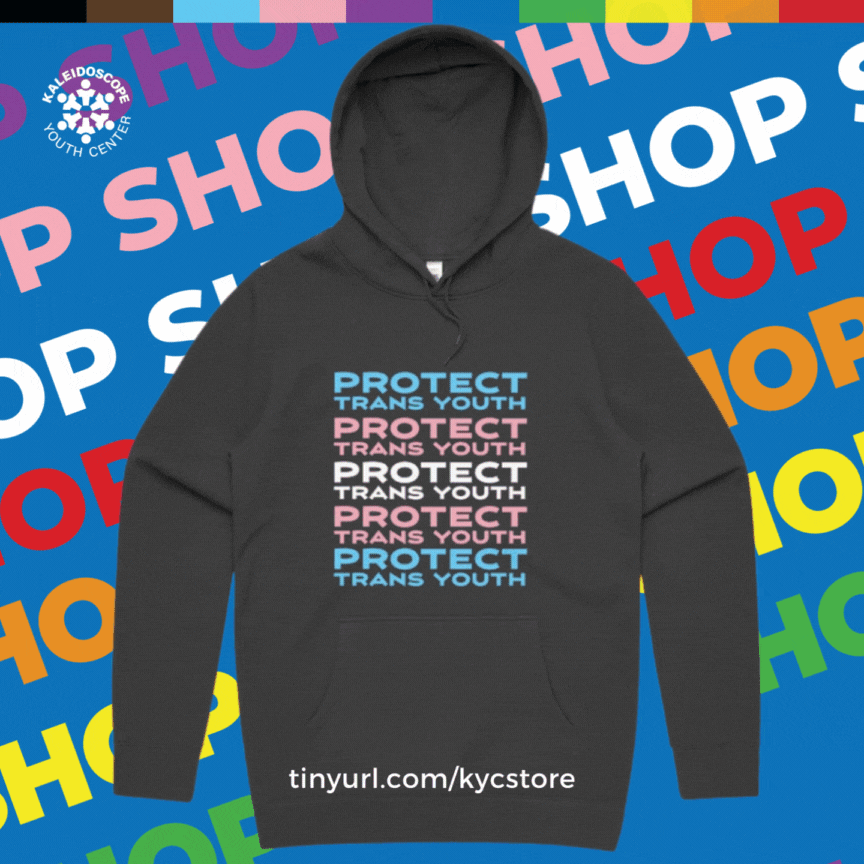
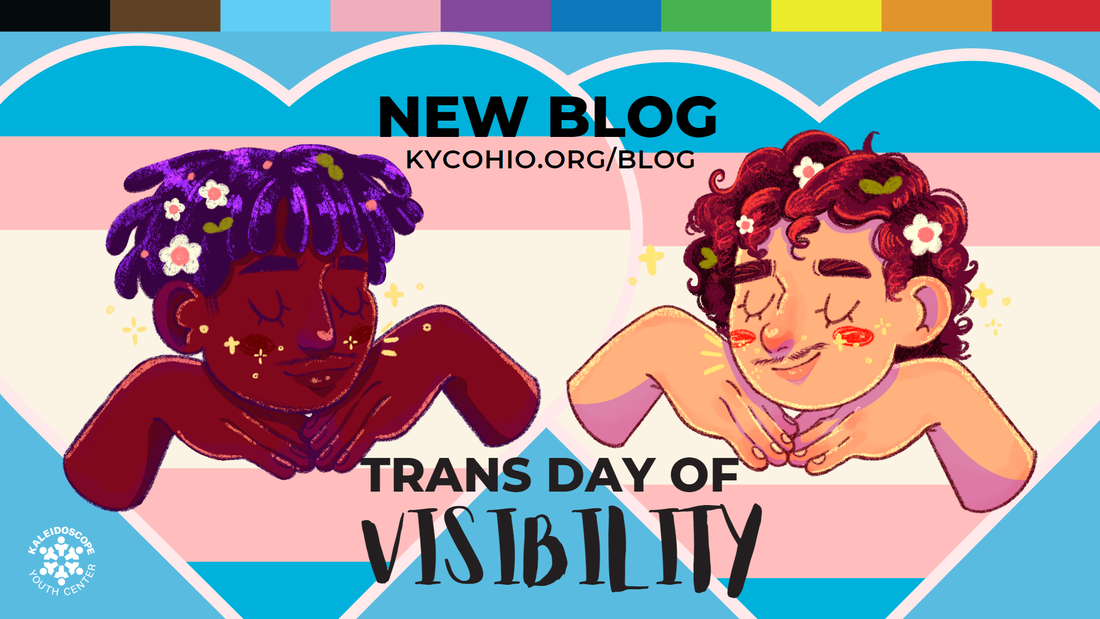
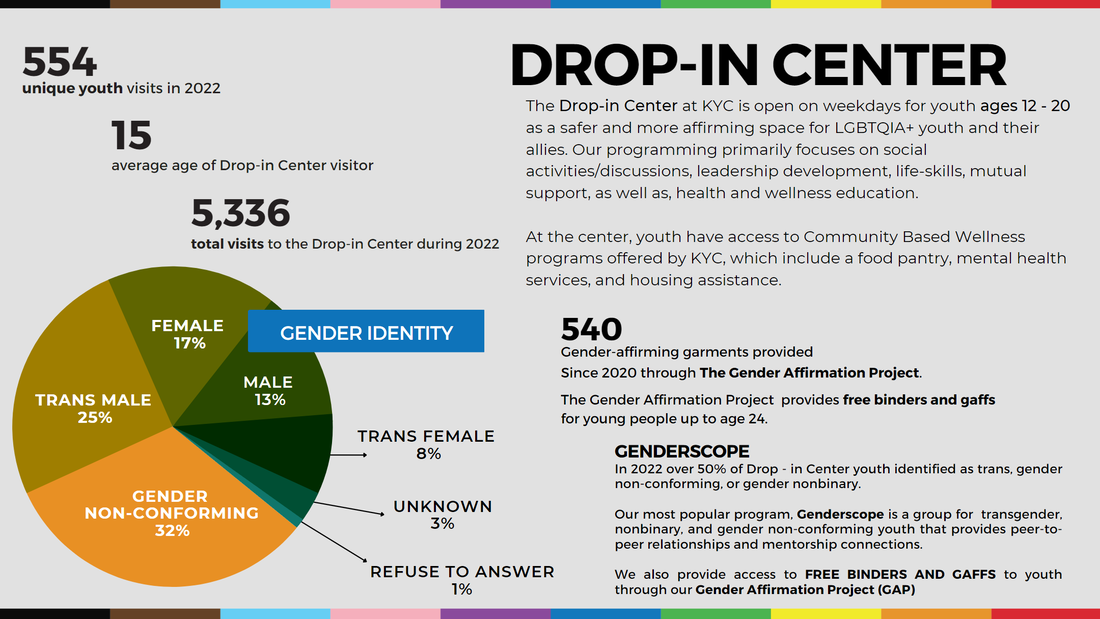
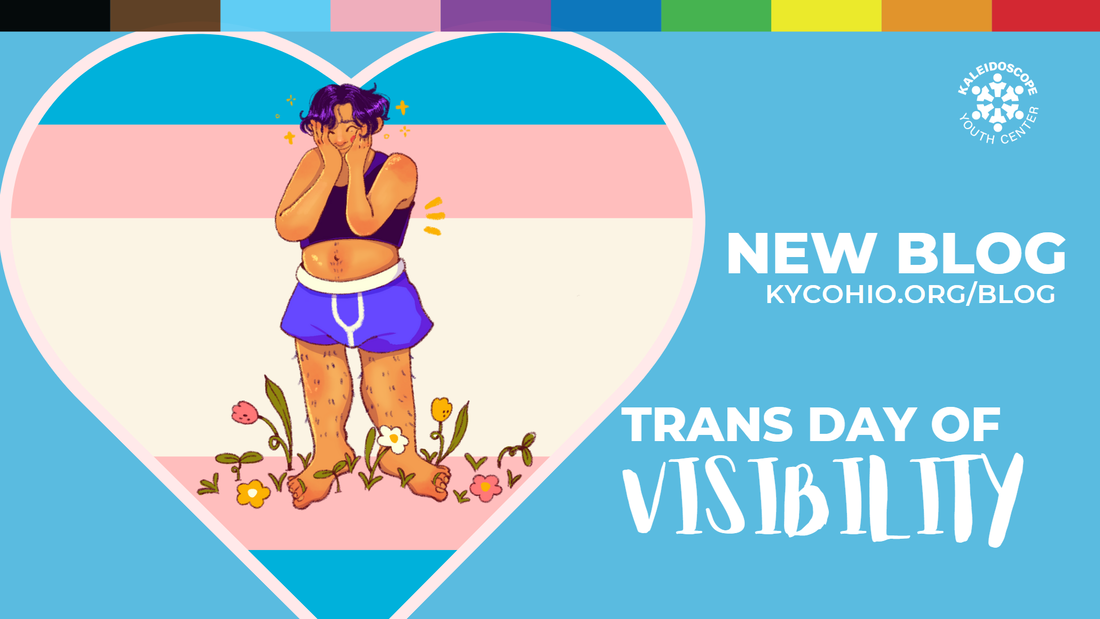
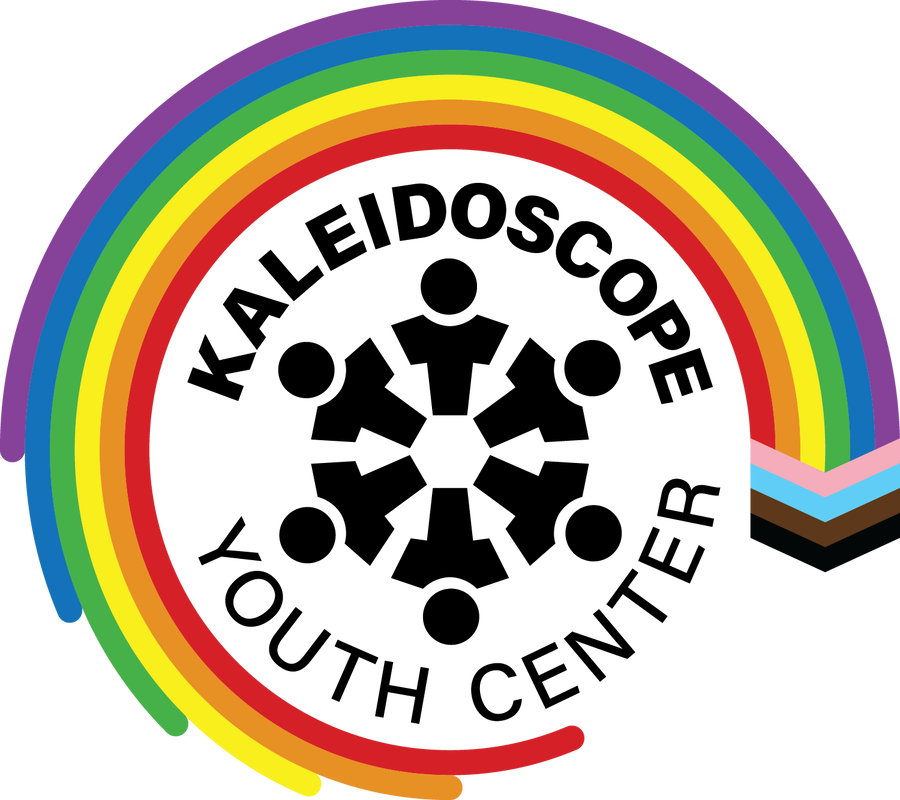

 RSS Feed
RSS Feed
